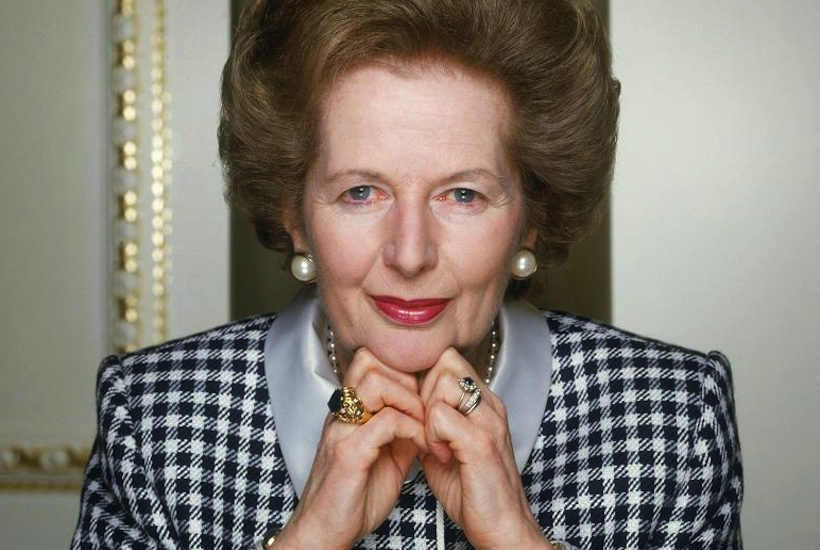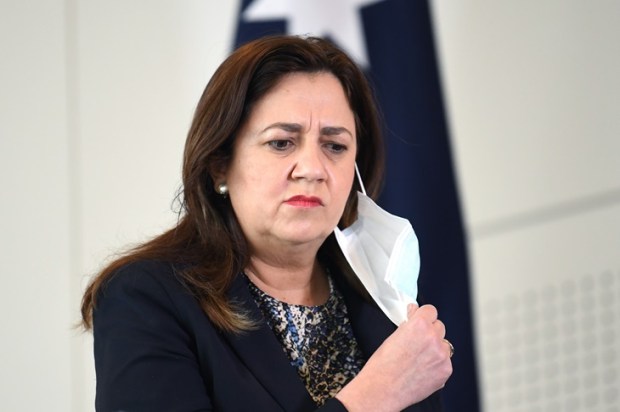Australian voters love to complain. We’re currently in an election where voters are complaining about issues as diverse as climate change, penalty rates, electric vehicles, franking credits, negative gearing, and the list goes on. The issues we complain about change over time and no two elections are ever the same.
There are however two constants. Jobs and cost of living are always top issues that we care about and often complain about. So for a brief moment, imagine a world where our unemployment rate is not at five per cent but 11 per cent, inflation not at 1.8 per cent but at 17 per cent, and the interest rates on your home loan not at under four per cent but as high as 20 per cent.
No, I’m not trying to scare you about what a Shorten Labor government may look like. I’m simply comparing the Australian economy today to the stagflation we, and most of the western world, faced in the 1970s.
Economists and politicians in the 1970s would have viewed today’s economic figures as delusional utopianism. It simply couldn’t be done. We should be cheering from rooftops about how well we’ve been tracking. Yet despite more jobs and higher disposable incomes than ever before we still love a good whinge about unemployment and cost of living.
It has now been over 27 years since Australia last experienced a recession, a fact in itself that we should be popping the champagne corks over. This long economic success has many fathers – Howard, Costello, Hawke, Keating, Peter Walsh, trade with China, a resources boom, the Reserve Bank and regulators. They are indeed all worthy of praise. But there is one historical global leader who deserves more praise than any other and whose economic rulebook we in right-of-centre parties still play by.
That leader is Margaret Thatcher, elected on this day forty years ago as Britain’s first female prime minister. Her Government would serve for over eleven years and would completely transform Britain from the sick man of Europe to an economic powerhouse.
We owe so much to her because the economic policies that classical liberals now advocate for and aim to implement were first ever tried and tested by her in the 1980s. Take for instance monetarism, which today is the financial modus operandi of Australia and the western world. Our independent central banks squeeze out inflation from the economy by adjusting interest rates. This was first ever advocated by Milton Friedman and implemented radically and successfully by the Thatcher government at a huge political cost.
Similarly, large-scale privatisation had never been done before and most Britons opposed it, yet Thatcher pressed ahead firstly with British Telecom and then aviation, steel, gas, and over one million council homes. During her tenure, the proportion of homeowners increased from 55 per cent to 67 per cent and share ownership from seven per cent to 25 per cent. Privatisation leads to competition, productivity improvements, innovation, and greater consumer choice, but we certainly wouldn’t have been able to instigate privatisation projects in Australia had the intellectual and policy experimentation not been successful first under the Thatcher government.
Thatcher also ditched the prices and incomes policy, which many other nations then followed. It seems absurd to us now that the government and not the market used to determine the price of all consumer goods and how much you would be paid relative to other professions or industries.
Likewise, she humiliated the once omnipotent British trade unions, slashed public spending, and had a lasting influence over the decline of global communism.
Her ideas still permeate throughout the Liberal Party of Australia, even in spite of the rise of Trump-style populism and the ongoing remnants of DLP big government conservatism.
Thatcherite ideas don’t seem to be on the way out either. Talk to new guard Liberals like Tim Wilson, Jason Falinski, James Paterson, Jane Hume, and Dean Smith and they will all happily describe themselves as ‘economic rationalists’.
Energised against a hard left Shorten Labor Party but also impatient at the lack of economic reform since Howard, the rationalists will only be emboldened at this election with Andrew Bragg and Dave Sharma entering the parliament.
Great free-market economists develop beautiful ideas. Great political leaders win many elections. But Thatcher amazingly did both. Her policies became the blueprint for her own party and right-of-centre parties around the world, leading to immense global economic reform.
So next time we complain about jobs and the cost of living we should instead be cheering about our prosperity and the ideas that made it possible.
Forty cheers for 40 years of Thatcherism!
Christopher Rath is on the state executive of the NSW Liberal Party.
Illustration: Norman Parkinson/National Portrait Gallery.
Got something to add? Join the discussion and comment below.
Got something to add? Join the discussion and comment below.
Get 10 issues for just $10
Subscribe to The Spectator Australia today for the next 10 magazine issues, plus full online access, for just $10.


























Comments
Don't miss out
Join the conversation with other Spectator Australia readers. Subscribe to leave a comment.
SUBSCRIBEAlready a subscriber? Log in